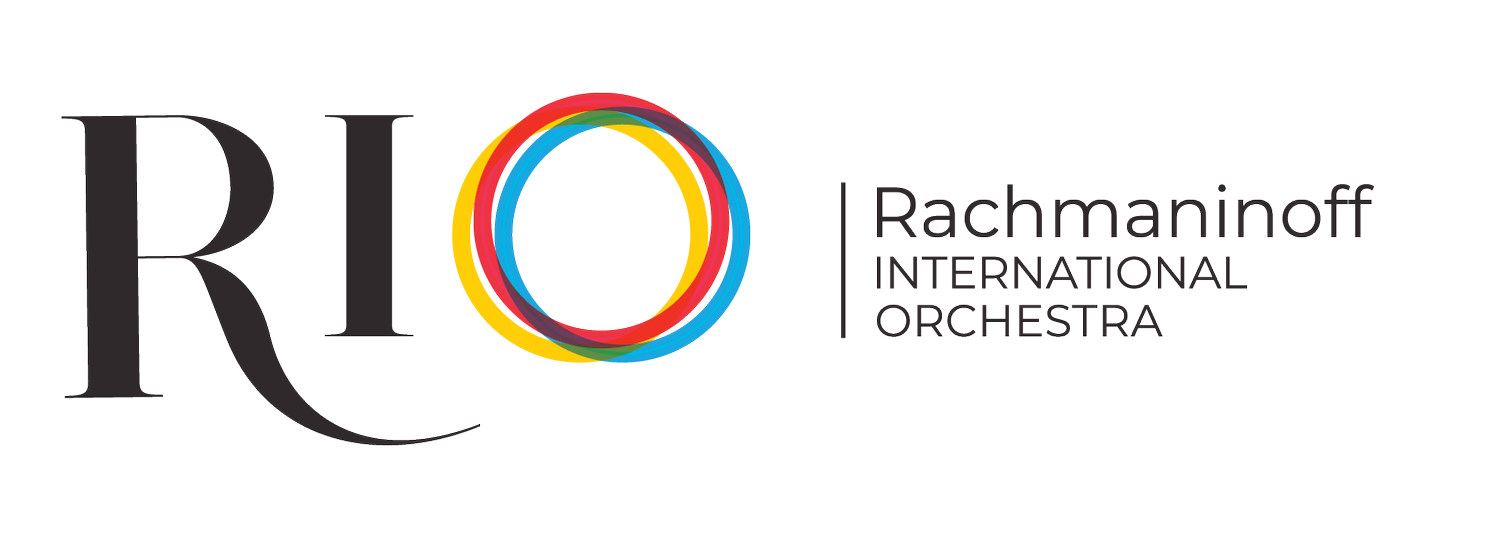Rachmaninoff Here and Now
We are on the campus of one of the best schools in the world, Rosey de Rolle, on the shores of Lake Geneva. Opposite the boarding school, a 900-seat concert hall. In this jewel of concrete, wood and glass, a marathon: the complete music for piano and orchestra by Rachmaninoff in two evenings by Mikhail Pletnev, the Rachmaninoff International Orchestra and Kent Nagano.
Variations on a Theme of Paganini and Piano Concerto No. 3 (first evening), then Concertos Nos. 1, 4 and 2 (second evening), not counting the two general rehearsals where the entire program is played in the afternoon. Pure madness! However, it seems that the “madman” could do everything again in the night. Moreover, he will replay an extract from the finale of Concerto No. 3 as an encore... no doubt for the cameras of Mezzo and Medici or the microphones of EuroArts placed to immortalize this moment.
Mikhail Pletnev in Rachmaninoff's concertos is the opposite of flashy and kitsch. No cliché about the Russian soul penetrates his mind. Yet rarely has the theme in D minor which opens Concerto No. 3 seemed so imbued with nobility. The deluge of virtuosity that follows is never noisy, always sovereign.
[Pletnev] is motionless to let the music unfold without unnecessary gesture. It is both thought out, structured, and totally free, almost improvised. And still sensitive. Such a concentration of resources is a miracle. We think of the great inner calm of David Oïstrakh.
The balance with the Rachmaninoff International Orchestra is perfect. A friend of Pletnev’s for many years, Kent Nagano is the man for the job through his commitment to the project, and his talent without the slightest ego. After the Paganini Variations, we don’t say to ourselves: “How good it is!” but “What a masterpiece!” because each variation is a brilliant child, different from the others and from the same mother.
Pletnev begins the famous Concerto No. 2 without delay. No false depth! The feeling expresses itself as if it were not the responsibility of the performer. It emerges magnified in the grand arc of the finale where there is no hurry, because a sun never runs.

